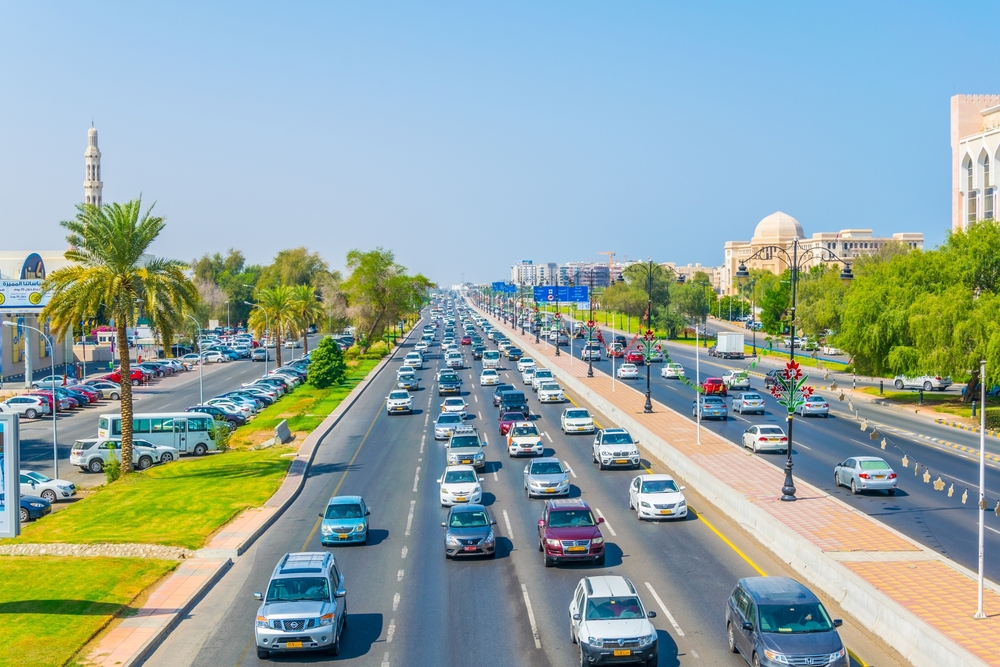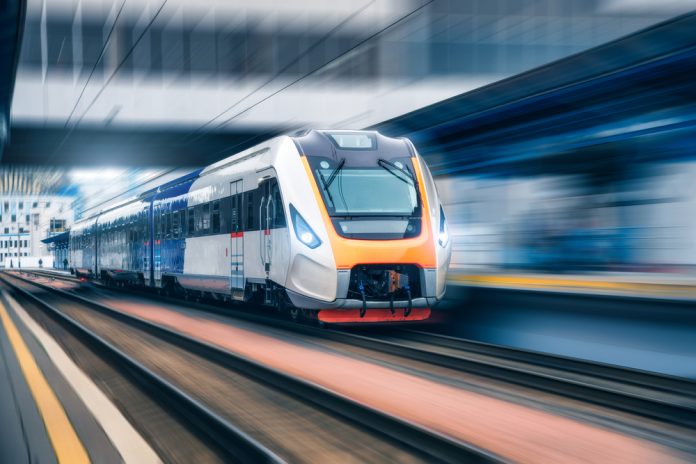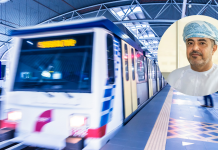The Ministry of Transport, Communications, and Information Technology (MTCIT) in Oman is taking a significant step towards realising the country’s first metro system in the capital city of Muscat.
The Ministry has reportedly invited international consultants to bid for a contract to provide advisory services for the project. This marks the beginning of the pre-feasibility phase of the project, which will focus on the viability of the proposed metro line that is expected to run from Ruwi and Muttrah in the East, passing through the city centre and the airport to reach Seeb in the West.
The lack of a rail system in Oman has led to a reliance on buses, taxis, and ride-hailing vehicles for public transportation. An electrified rail network could take away traffic congestion, reduce air pollution (if the network runs on a sustainable power system), and reduce the carbon footprint of the country.
Regions with heavy metro usage, on average, witnesses 46 per cent less greenhouse gas emissions per mile than driving in a single-occupancy vehicle. This would substantiate a significant emission drop in a country such as Oman which has over 1.5mn registered vehicles (as per the National Centre for Statistics and Information).

OERLive wasn’t able to procure statistics on the number of vehicles registered in the city of Muscat but learns that it is the most populated city in the nation with over 797,000 people indigenous to the Governorate.
This falls in line with Oman’s net-zero goals as the proposed metro system holds the potential to address these issues and help Oman achieve its wider sustainability goals.
The consultants will work with MTCIT to make key decisions regarding the metro project and help determine the best course of action to ensure its long-term viability. This will include an assessment of the social and economic benefits of the project, as well as an analysis of the potential impact on the environment and the local community.
The planned metro system will not only reduce traffic congestion and improve public transportation, but it will also have a positive impact on the tourism industry and support the country’s decarbonization strategy by potentially being powered by electricity or green hydrogen.
In a television interview, Oman’s Minister of transport, communications, and Information Technology, Eng. Said bin Hamoud al Maawali, stated that a team of experts is studying ways of ensuring the planned metro’s long-term viability, including exploring sustainability solutions.
He was quoted as saying that the integration of sustainable solutions, such as renewable energy sources and environmentally friendly building materials, will not only help Oman meet its sustainability goals but also set a positive example for other countries in the region.






